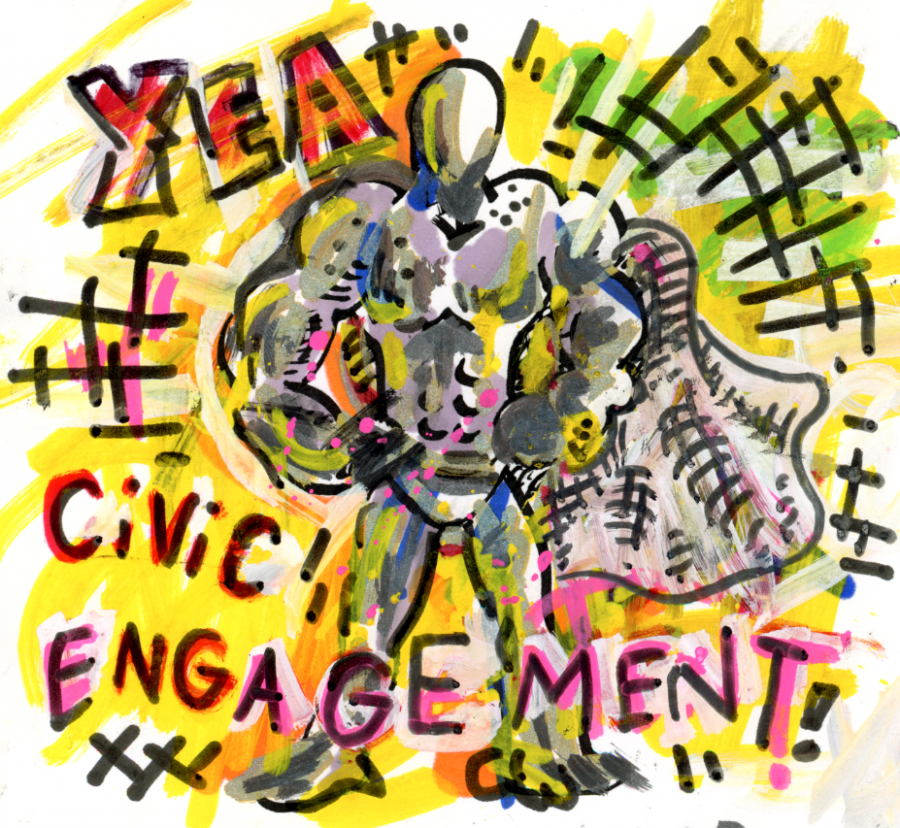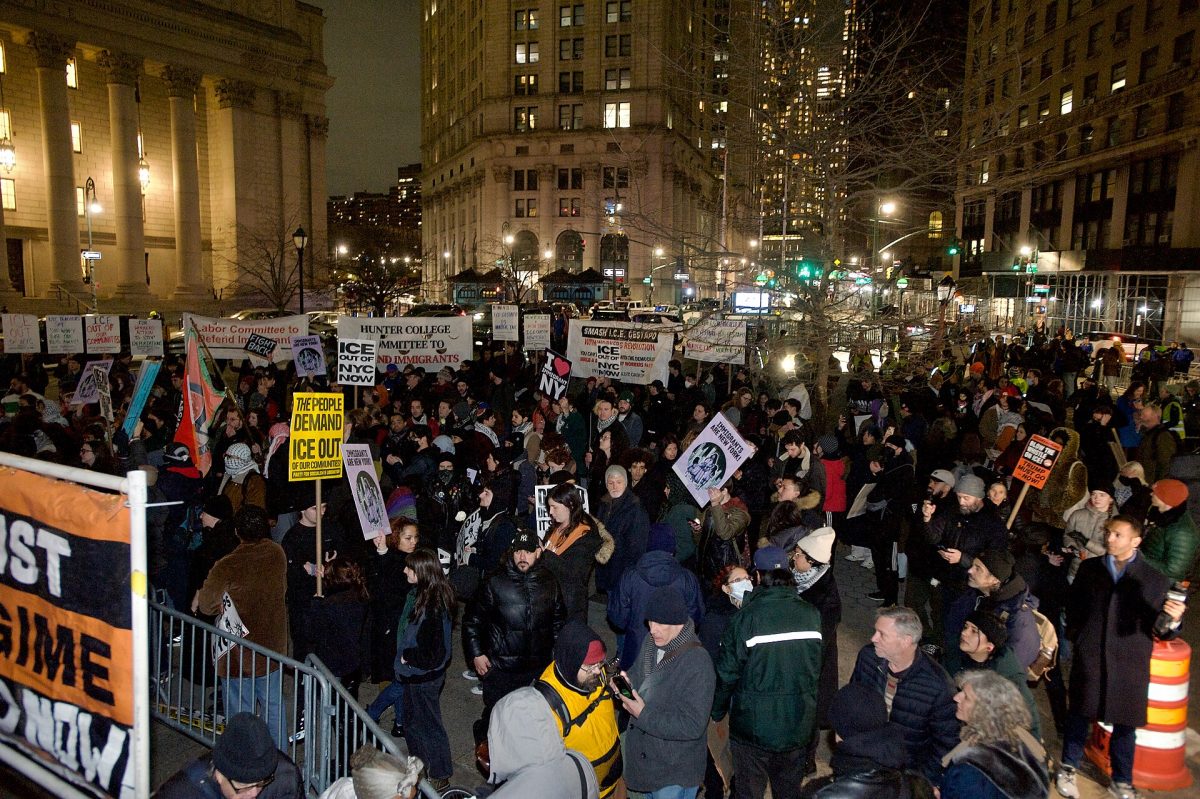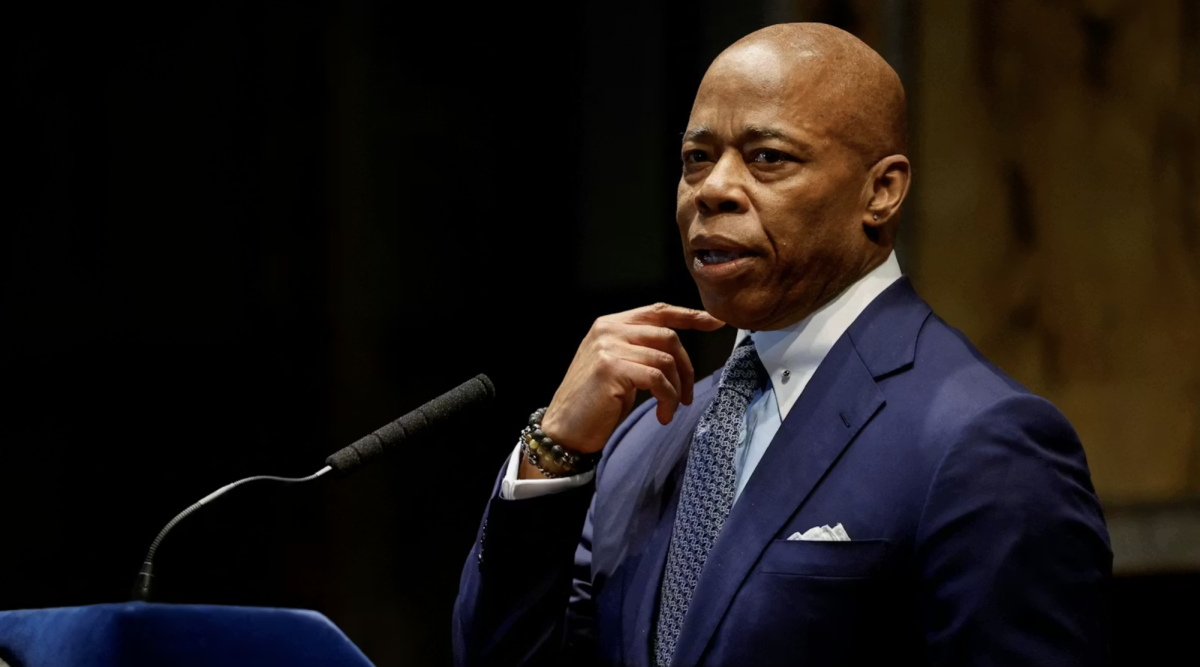Since the very beginning of this year, 2020 has shown us that civic engagement through voting and political advocacy allows communities to empower each other, learn from one another and develop transferable skills.
The level of civic participation in the 2020 presidential election was beyond what anyone could have imagined. It was driven by the civic action of ordinary citizens and their determination to bring about change in the U.S. political system.
No state in the United States had less than a 50% turnout rate. Overall, the total eligible voting population for the nation was 66.5% according to NPR, proving that civic engagement was the cornerstone driving impact.
As the year comes to an end, it is crucial to reflect on the social and political changes 2020 brought about and understand how political engagement can influence economic changes.
Social media, for instance, played a meaningful role in encouraging political involvement throughout the election by vocalizing issues such as the national debt. The nation-wide debt held by the public is approximately $27 trillion dollars and is still growing exponentially.
“The coronavirus crisis has accelerated an already unsustainable fiscal trajectory, both because of its devastating effect on the economy and the necessary legislative response,” according to the Peter G. Peterson Foundation.
U.S. debt is still very inflexible, making it harder for America to provide financial support to those affected by the pandemic.
The national deficit matters now more than ever as unemployment continues to rise and the economy continues to weaken. With the global savings rate decreasing and the United States’ debt increasing, it is almost impossible not to say that the country is on an unsustainable path of debt.
Just like the 2020 elections, utilizing social media platforms to drive social change may not generate a speedy and full economic recovery but it may be able to contribute to slow improvements.
If the national debt continues to surge, people may experience lower living standards, since borrowing for economic projects may become difficult. The debt may not be a drastic issue for many today but if it is not addressed, we may see rising interest rates, a weak job market and higher taxes.







